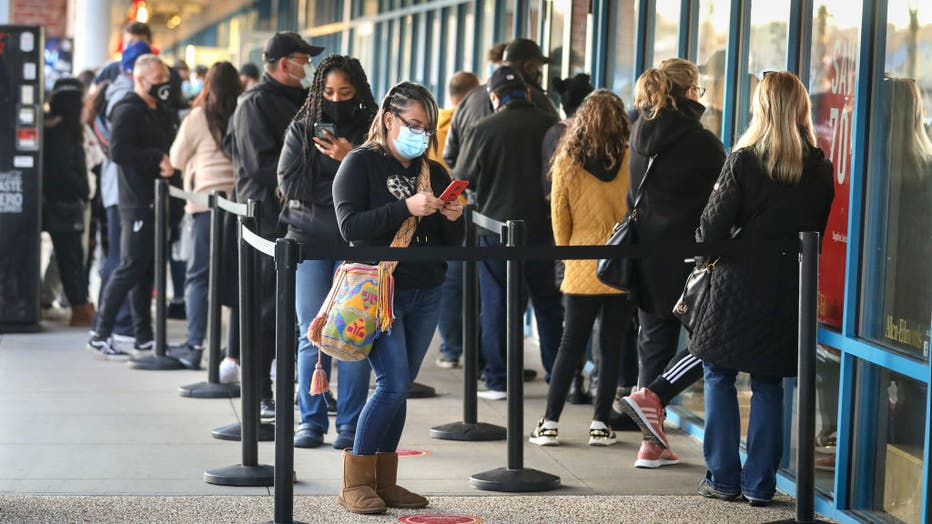New study counters idea Black women are at lower risk of body dissatisfaction, eating disorders
New research studies Black women's self-image satisfaction
A new study from the Journal of Black Psychology focuses on eating disorders and body image as it relates to African-American women. In the past, most research has only given insight on Caucasian women's body satisfaction.
ATLANTA - Rachel Boutte, PhD, says she has heard the same narrative for years, that Black women feel better about their bodies than White women, and that their acceptance of their weight and size may protect them from falling into disordered eating behaviors.
But, Boutte says, something did not feel right to her about that assumption, that Black women are somehow immune to body dissatisfaction.
"Anecdotally, myself as a Black woman, I just found that to be a little odd," Boutte says. "It didn't seem quite true to me."
So, the post-doctoral fellow in the Department of Psychiatrist and Behavioral Sciences at Rush University Medical Center led a study to dig deeper into how Black female college students feel about the connection between their weight and their body satisfaction.
Published in the Journal of Black Psychology, the study looked at data on 191 Black female college students.
"We don't really understand body image very well in Black women," Boutte says. "Unfortunately, they have been just left out of the conversation for a long time. And, when they were part of the conversation, it was just kind of one note: 'Oh, Black women don't have body dissatisfaction; we don't even need to worry about them.'"
But Boutte's study found that is not true.
"In fact, Black women do experience body dissatisfaction," Boutte says. "And, it can be directly linked to their weight."

Black Friday shoppers line up outside the Michael Kors store at the Tanger outlet in Riverhead, New York at 6 a.m. on November 27, 2020. (Photo by John Paraskevas/Newsday RM via Getty Images)
FIGHTING BRAIN FOG AND FATIGUE, GRAD STUDENT TURNS TO LONG COVID CLINIC
Boutte's team found young Black women with higher body mass indexes, or BMI's, were more likely to feel dissatisfied with their bodies, and more likely fall into a pattern of disordered eating, such as restrictive diets, skipping meals, or under- or over-eating, which can raise the risk of an eating disorder.
"It's definitely more accepted within the Black population to have a larger body, and be more full-figured," she says. "But, if there is this sort of misbelief that all Black women are comfortable being in this larger size, then things might get missed."
A doctor treating a Black woman with a higher BMI, Boutte says, may automatically recommend she try to lose weight, overlooking the possibility she may have an eating disorder.
"So, that's a concern, that if Black women aren't even being considered that they might have eating disordered behaviors, then the right intervention is going to be totally missed," Boutte says. "And, even worse, there could be sense of steering them in the wrong direction."
Boutte hopes to see more research into how to identify and help Black women struggling with body dissatisfaction and disordered eating.
"I really hope that women that will see this or recognize this will know, one, they're not alone," she says. "Talk to somebody, seek out support. Because, we're here. There are mental healthcare providers that can support folks around these issues, and we've got things that we can do. It doesn't have to be this way."
____

